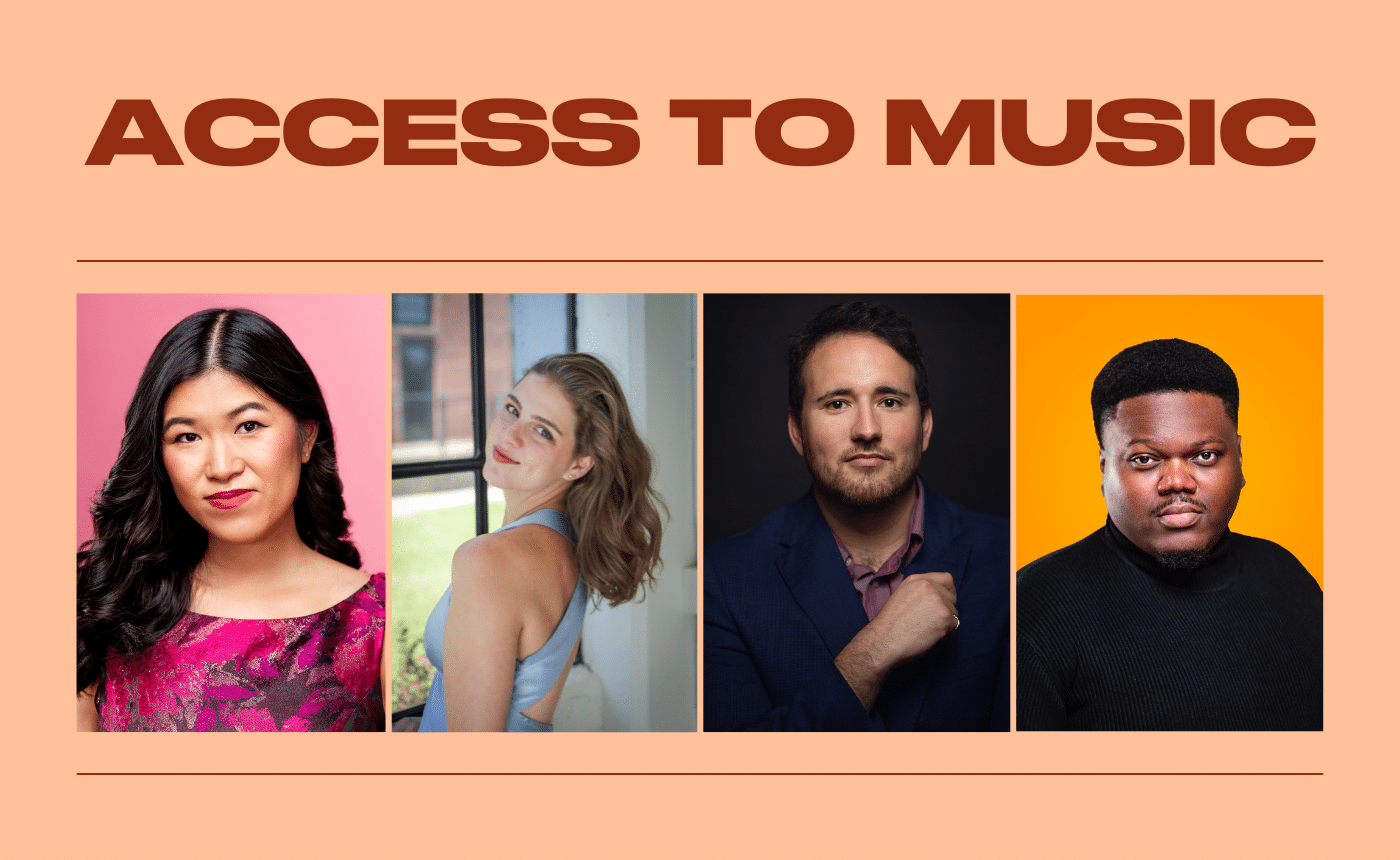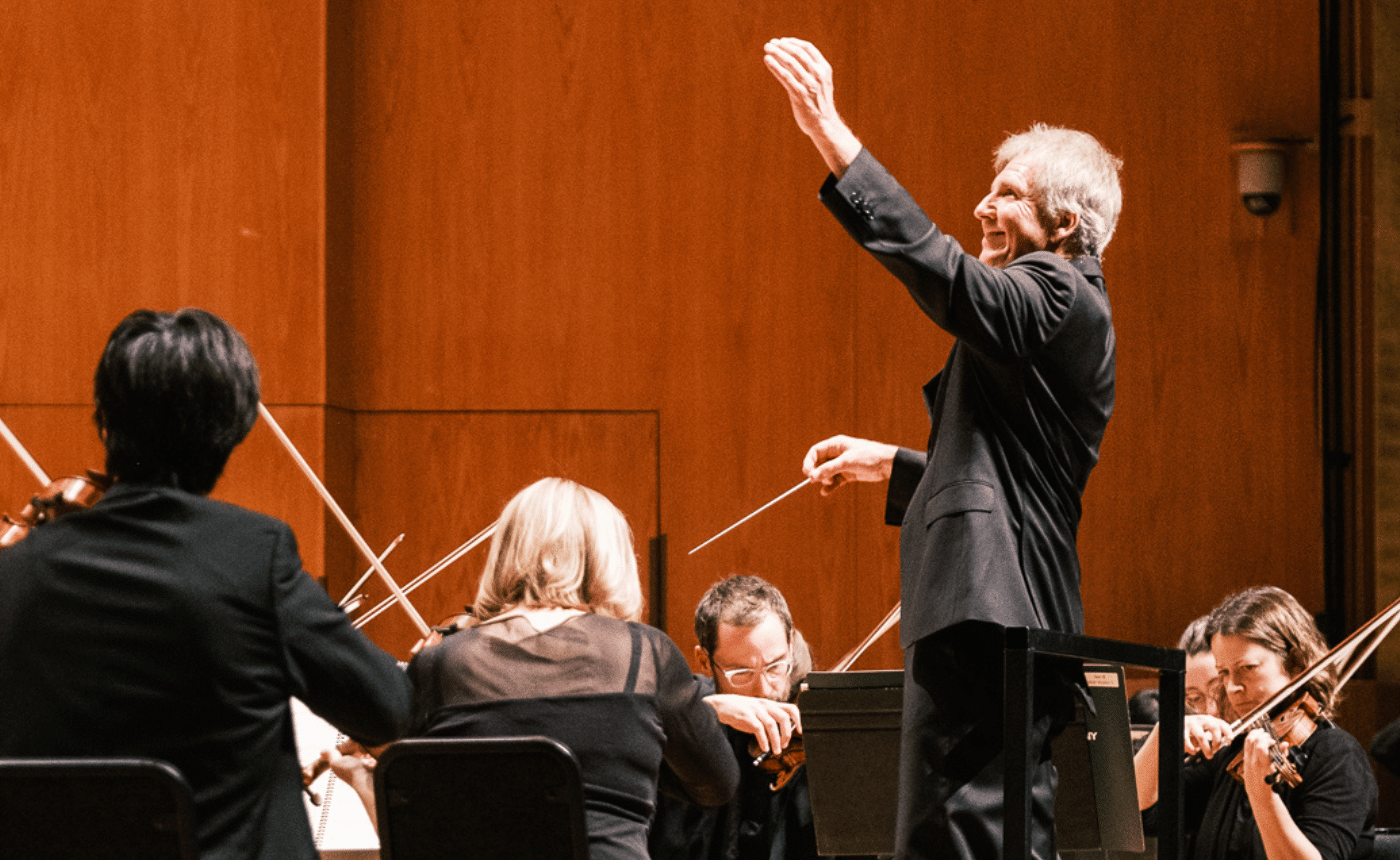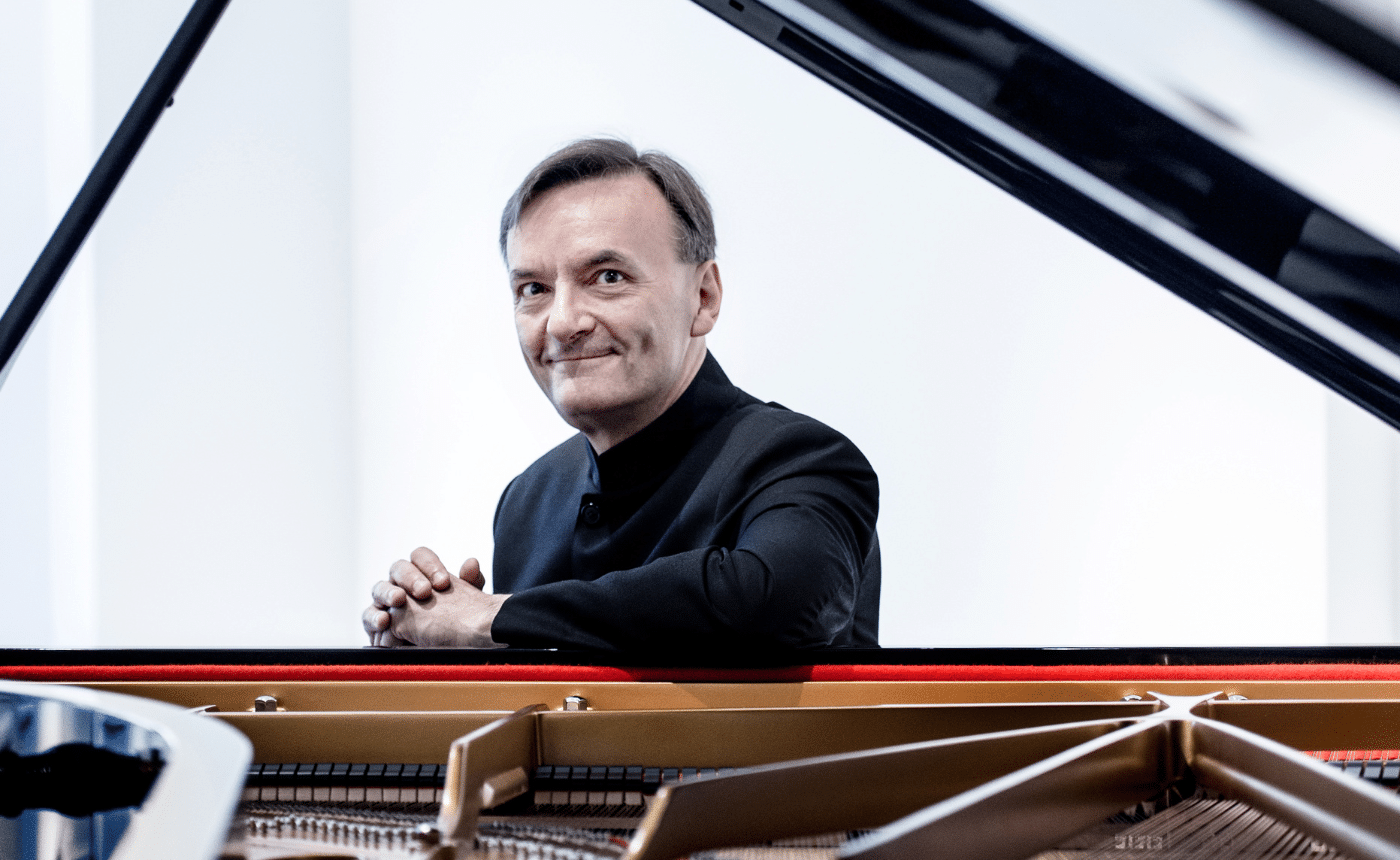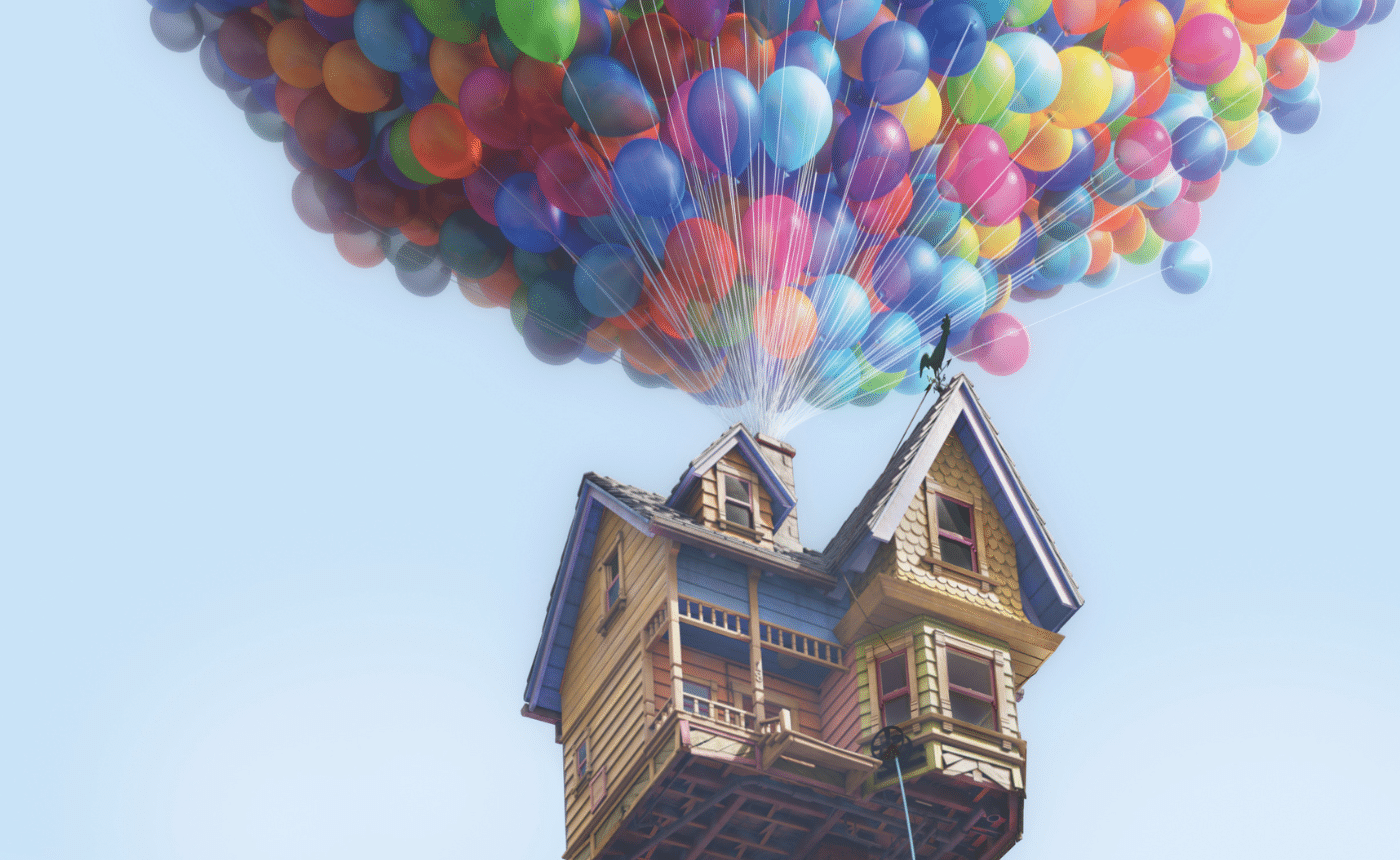Pierre Boulez “Mémoriale”
Words from the principal librarian of the Utah Symphony, Clovis Lark, honoring the great Pierre Boulez.
I first met Pierre Boulez in 1976. Although I had read of this man as being aloof, icy and difficult, I was immediately aware of someone quite different: warm, genuinely caring and always willing to lend his help when asked. In 1986, there was his offering of an IRCAM job to a computer programming friend of mine in need, who approached him after a concert of Répons in New York. Later, when I found myself without enough clout on my resume, he sent a handwritten letter of “to whom…” accompanied by another letter of apology for having allowed 3 weeks to pass before responding. He loved hearing from old acquaintances, curious to know of their lives and quick to offer his hospitality should they be able to visit him, whether in Salzburg, Chicago or Cleveland. I have a note offering to show me around Lucerne and his Academy which, sadly, I was unable to accommodate. Similarly, he excitedly offered to show me all the antiquated stage machinery in Bayreuth, should I be there during his residency. Whenever our paths crossed in Cleveland, New York or Chicago, he always carved out time to visit and share ideas.
While many aspects of Boulez’s life were quite private, his persona never appeared standoffish. Rehearsals were always open, and he made himself readily available during breaks to both players and guests. The aura of austere detachment cultivated by critics and audiences in their observations of his concert demeanor, was contradicted by the good nature and respect for players exhibited in rehearsal where he was quick to break potential tension with a short quip. At break he would stand at the podium until all players who might have questions had an opportunity to consult with him. Often, he was the last off the stage. Once in his dressing room, the topics could range as far as the appropriateness of “préservatif” commercials on French prime time news to discussions of minutiae in the next week’s program. And always his mind was alert and ready to discuss any piece of music, just as long as it wasn’t Shostakovich!
He took the ups and downs in life with good humor as well. Arrested in Basel as a terrorist to the outrage of his secretaries, he recounted the incident with humor and laughter. Similarly, when his tiny pen knife was confiscated in O’Hare, his annoyance was tinged with a twinkle in his eye as he imagined their shock when he returned and demanded it back (he never did get its return). In Ojai, he and his valet, Hans, stood for several minutes watching a crow perched atop a portable toilet, talking animatedly. Hans said the discussion was a about a bird they had once seen at the seaside, taking clams in its beak and dropping them from on high to break the shells.
There was an aura, one he clearly cultivated for a time, of a lack of respect for the past. But, in reality, nothing could be further from the truth. For Boulez, history was incredibly important. It was tradition that he couldn’t stand. He called it a “bad game of ‘Telephone’” where a past reality is progressively distorted through various incarnations until it is so mangled as to be unrecognizable. But history was another matter. After the composer Arnold Schoenberg died, Boulez notoriously wrote “Schoenberg is Dead.” While the essay clearly does not skimp on Boulez’s impatience for some of Schoenberg’s compositional habits, it is clearly written out of a deep respect for Schoenberg’s achievements which Boulez followed with a lifetime of beautifully crafted performances. When UCLA decided to rename Schoenberg Hall for Moe Austin (honoring a large donation), Boulez was one of the first people I contacted to help in the successful fight to retain Schoenberg’s name. He even retracted his article’s title when he was asked in New York after a presentation of Schoenberg’s Op. 29 Suite whether he thought “Schoenberg was still dead?” “No. But he needs strong medicine!”
Where Boulez was clearly and authentically dismissive was with regard to the future, especially when asked about his legacy and what future music would be like. He was resolute in letting others learn and perform his music without his interference. Regarding the future, he mentioned futuristic picture postcards that were for sale in Paris around 1900. In them, all the buildings had hot air balloons tethered to the roofs, as that was what people imagined the future would bring. Nobody had any concept of something like an airplane! The vision of the future was entirely based upon the present and past experience.
This is the Pierre Boulez I knew. He was a formidable composer, with a formidable firmness of mind, and also a formidable conductor, “out of necessity,” as he told me (circumstances forcing him to learn the trade to get Le Marteau sans maître performed). But without the character I knew, all that achievement would have been hollow.
Those who thought him icy, detached, needed only to look at his hands as he conducted. They were those of a poet, full of emotion.
Under Boulez’s direction:
Julie Edwards (Viola) played Prokofiev Scythian Suite with Chicago Civic Orchestra
Ron Beitel (French horn) played Stravinsky Le Sacre du Printemps with The Cleveland Orchestra
Jamie Allen (double bass) played Mahler Symphony No. 5 with the Los Angeles Philharmonic













